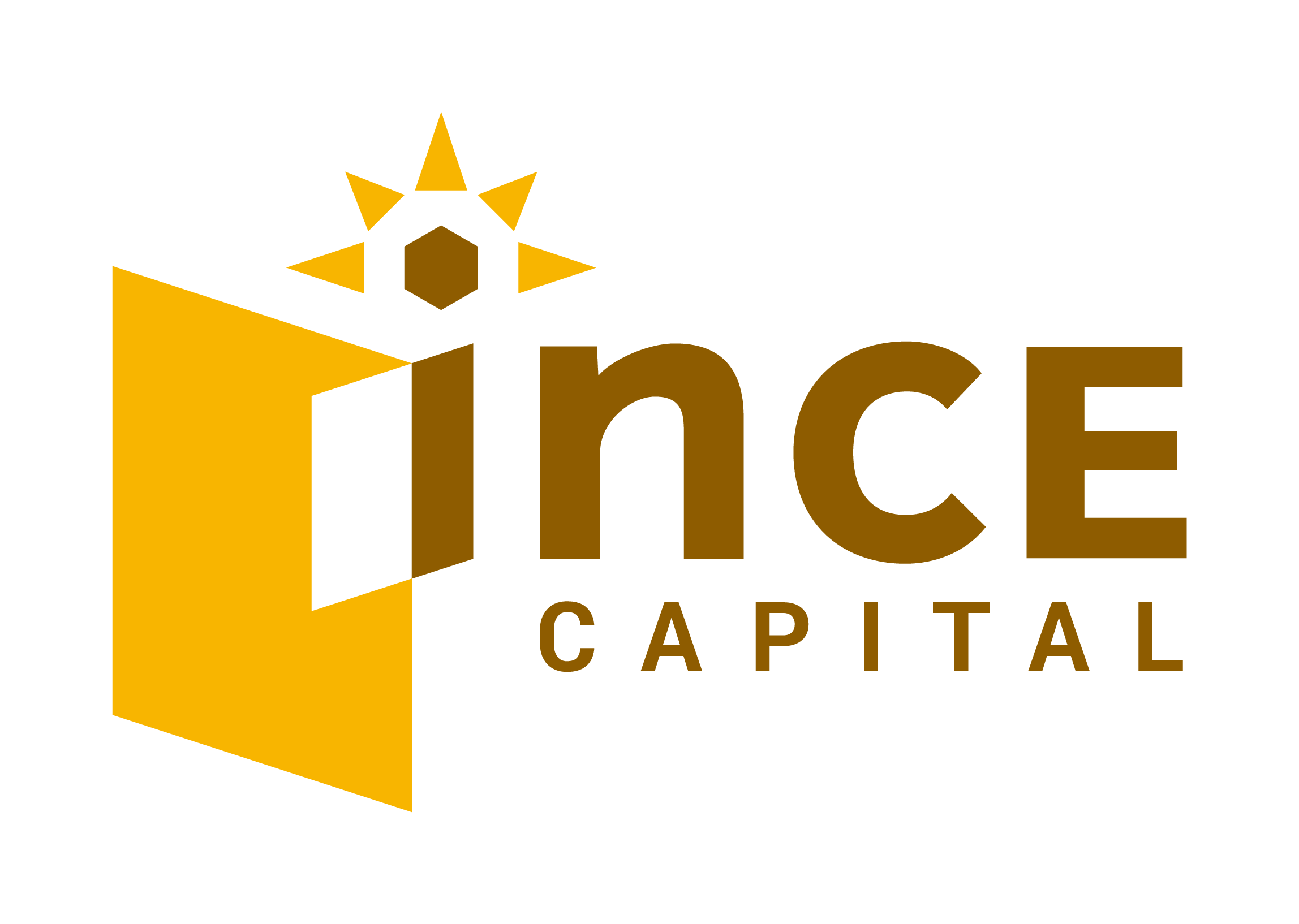Source: AVCJ
Author: Tim Burroughs
Having spent 12 years at Qiming Venture Partners, JP Gan(甘剑平) has raised $352 million for his debut fund at Ince Capital Partners. More early-stage consumer internet deals will follow.
“I walked into the meeting room at 9 a.m. and the first thing the guy says to me is: ‘Did you see Trump’s Tweet?’ He had ordered US companies to leave China. That was a short meeting, but overall sentiment is still positive,” says J.P. Gan, who spun out from Qiming Venture Partners earlier this year to form Ince Capital Partners. “Most investors are more long term. They get that China is the second-largest economy in the world, that its supply chains and consumer markets are irreplaceable.”
It is difficult to gauge the impact of China-US tensions – which are particularly acute in the technology sector – on China VC fundraising. Plenty of managers are said to be taking longer to raise capital and spending less time in the US. Meanwhile, others enjoy relatively smooth passage to a final close with ample support from the endowment and foundation community. Gan is one of them, having taken less than four months to raise $351.9 million for his debut fund.
About $5.1 billion has been committed to US dollar-denominated China funds so far this year, compared to $13.1 billion in 2018. Since 2014, the annual total has slipped below $6 billion just once. Nine funds of $300 million or more account for two-thirds of that $5.1 billion. Eight of the managers are on their second, third, fourth or fifth funds. Ince is the only one to raise a debut vehicle.
It helps that Gan claims to have generated distributions of around $1 billion from the deals he worked on during 12 years at Qiming. Top performers include photo-sharing communit Meitu and online-to-offline services platform Meituan-Dianping, which listed in Hong Kong video streaming business Bilibili, which listed in the US; and Musical.ly, a short video platform that was bought by ByteDance Technology and merged with TikTok.
Gan has teamed up with two investment professionals (Steven Hu and Alex Yan) and one venture partner (Paul Keung) from Qiming. They have made a few tweaks to the model – artificial intelligence that has a consumer angle will be considered and Southeast Asia will be targeted on an opportunistic basis – but the consumer-facing internet thesis is largely the same as the one they pursued previously.
However, the start-ups themselves have changed, largely in line with consumer behavior. I is not just a matter of growing prosperity and a willingness to pay for digital services. As illustrated by Meitu, Bilibili and Musical.ly, each of which leveraged a specialist niche to become mainstream social networking platforms, modes of engagement are evolving. Ince’s aim to identify what awaits up the trend curve.
“Young people in the US no longer use Facebook for social networking, and it’s the same in China,” Gan observes. “They use [Tencent Holdings-owned] WeChat to talk to their parents and teachers and to make payments. They communicate through other platforms, such as TikTok and Bilibili.”








